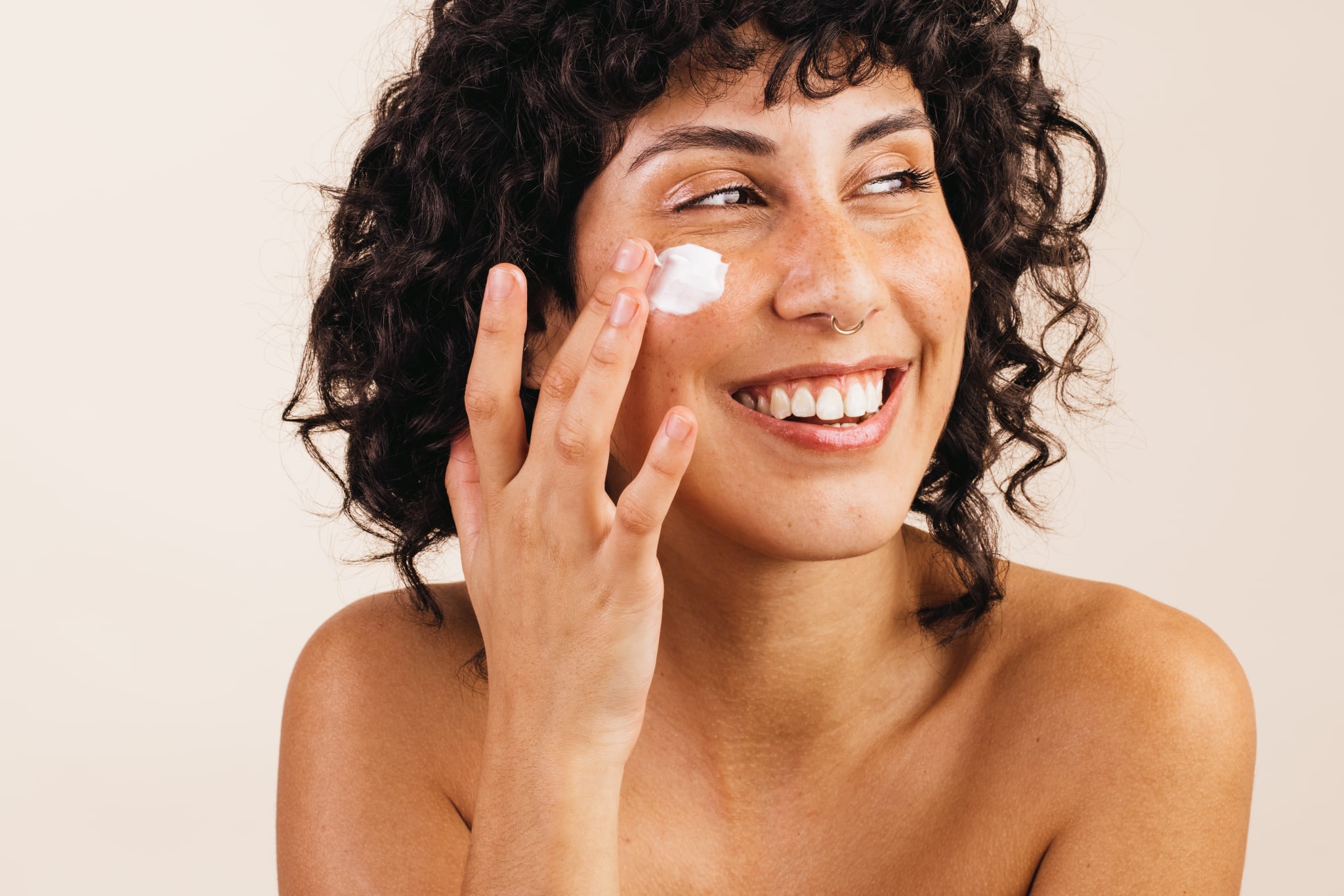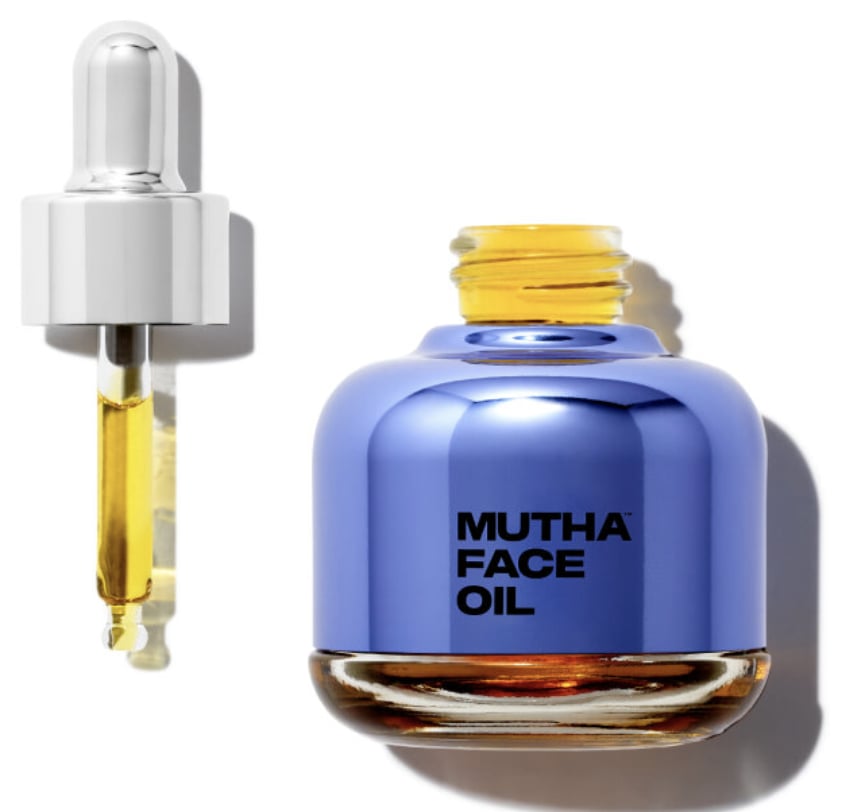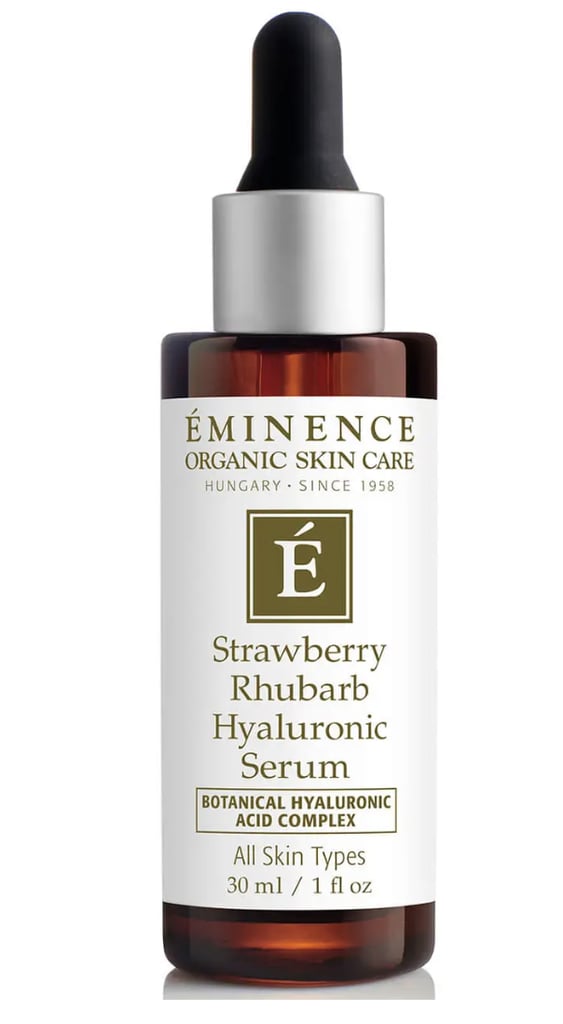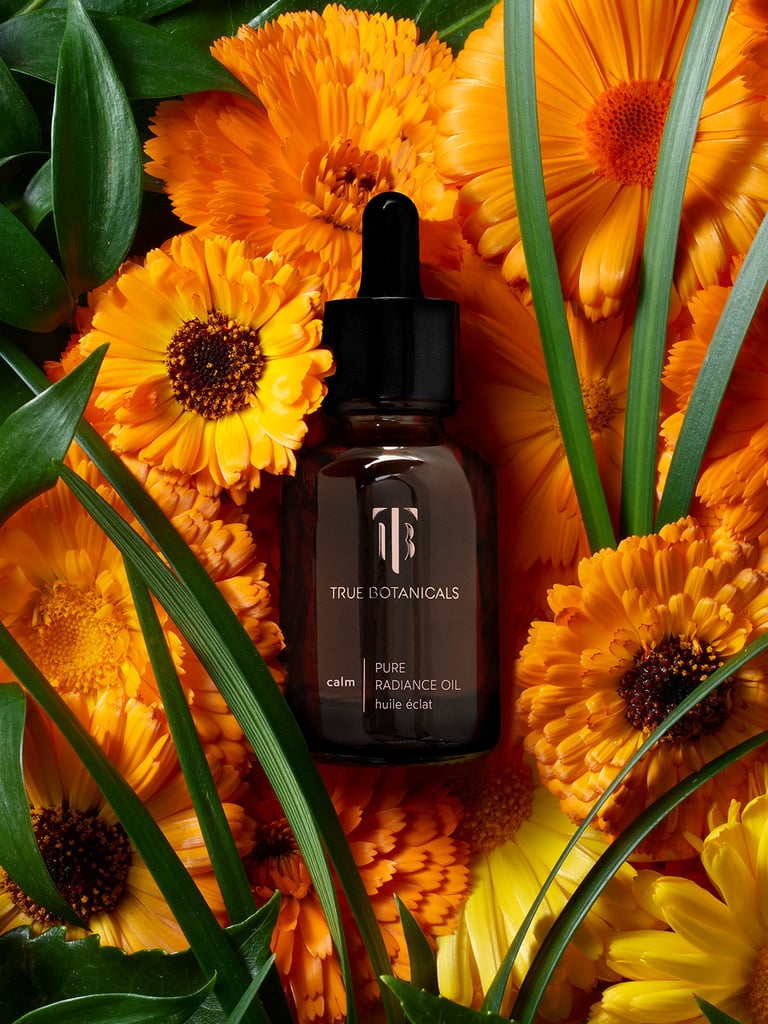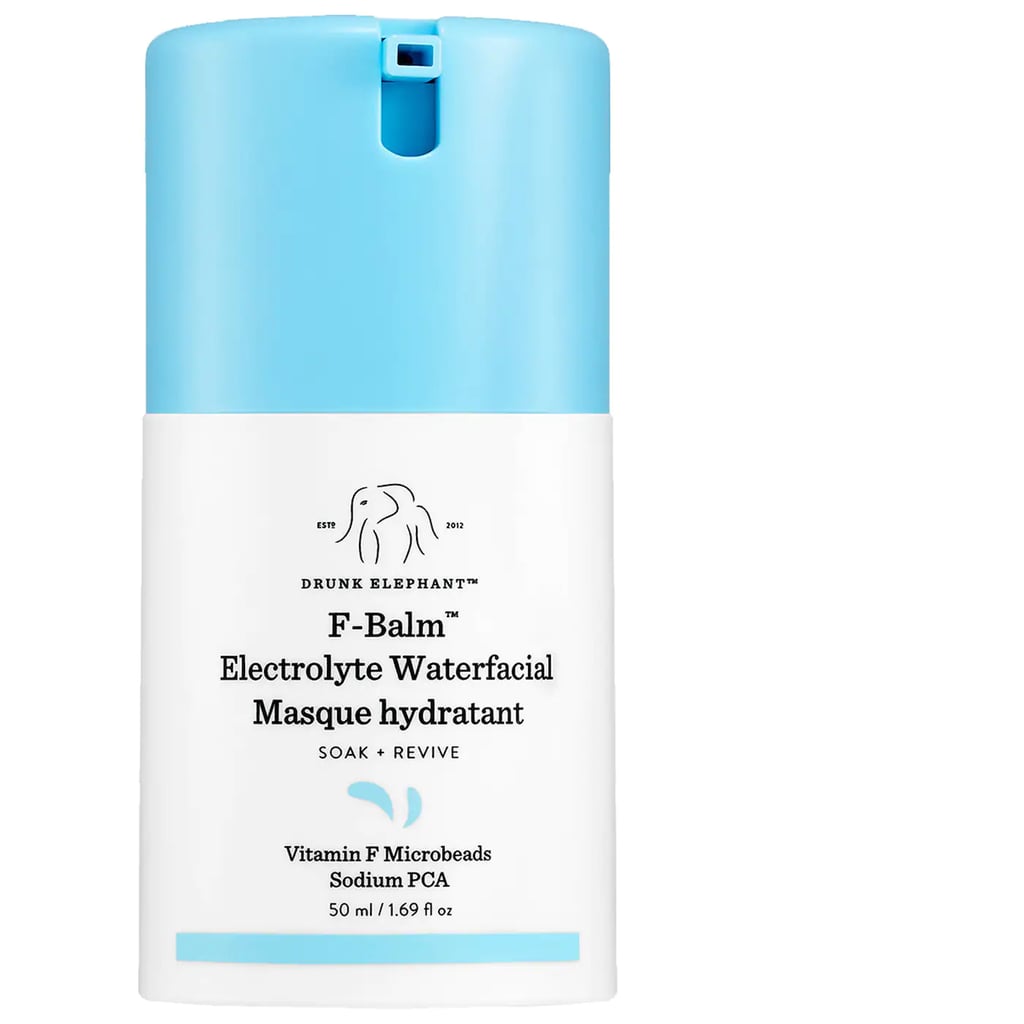- Linoleic acid is one of two essential fatty acids that create vitamin F, along with linolenic acid.
- The naturally occurring omega-6 fatty acid is found in many food items, as well as essential oils such as rosehip, chia, and argan.
- Linoleic acid can help hydrate the skin and restore the skin’s barrier.
You’ve got to give it to skin — it’s pretty darn smart. Our skin cells naturally contain building blocks like fatty acids, vitamins, and collagen to keep it healthy and resilient. Skin care can be equally as clever, relying on ingredients to mimic all the good stuff we already naturally produce.
Linoleic acid is one of those ingredients — it’s found both organically in skin and many food items like salmon and nuts, as well as purposefully added to skin care products. Ahead, more on linoleic acid and what it can do for your skin.
What Is Linoleic Acid?
“Linoleic acid, also known as vitamin F, is a type of omega-6 fatty acid that is naturally found in the skin barrier,” says board-certified cosmetic dermatologist and Mohs surgeon Dendy Engelman, MD, FACMS, FAAD. Like the fatty acids found in salmon and walnuts, linoleic acid is the good kind of fat that helps your body produce ceramides (to retain moisture) and prostaglandins (to control inflammation).
What Does Linoleic Acid Do For Skin?
“Linoleic acid works to make the skin barrier stronger by retaining water and giving your skin a cushion while keeping irritants out,” says Dr. Engelman. “This will increase the skin’s elasticity and plumpness for a visibly softer, brighter appearance.” When the skin’s barrier is strong and healthy, it’s able to protect itself more effectively from harmful UV rays and air pollutants which contribute to aging. And that’s not all linoleic acid can do. “It’s not only beneficial for hydrating skin, but it also has anti-inflammatory properties, which can help reduce acne for those with oily skin.”
What Type of Products Is Linoleic Acid In?
Linoleic acid is found in many botanical-based oils like sunflower, hemp, grapeseed, argan, evening primrose, and prickly pear. “Products that contain these plant-based oils are mostly found in topicals like serums and cleansing oils,” says Dr. Engelman. Mutha Face Oil ($110) has a bunch of seed oils and evening primrose oil to moisturize, brighten, and soothe. Eminence Organic Skin Care Strawberry Rhubarb Hyaluronic Serum ($48) has grapeseed oil and other natural ingredients to help shrink pores, hydrate, and boost radiance. We also love the True Botanicals Pure Radiance Oil ($110) and Drunk Elephant F-Balm™ Electrolyte Waterfacial Mask ($52).
Linoleic acid can also be used on the scalp. “There are even some hair care products that contain linoleic acid with recent research showing signs of improved scalp health,” says Dr. Engelman.
Are There Any Side Effects of Linoleic Acid?
“Topically, there are no known adverse effects of using linoleic acid, even for pregnant women,” says Dr. Engelman. “It does, however, have a thicker and richer feel to it, which is good to know before use.” She also forewarns that linoleic acid has a short shelf life and formulas containing it may begin to lose efficacy in as little as three months.
Source: Read Full Article

